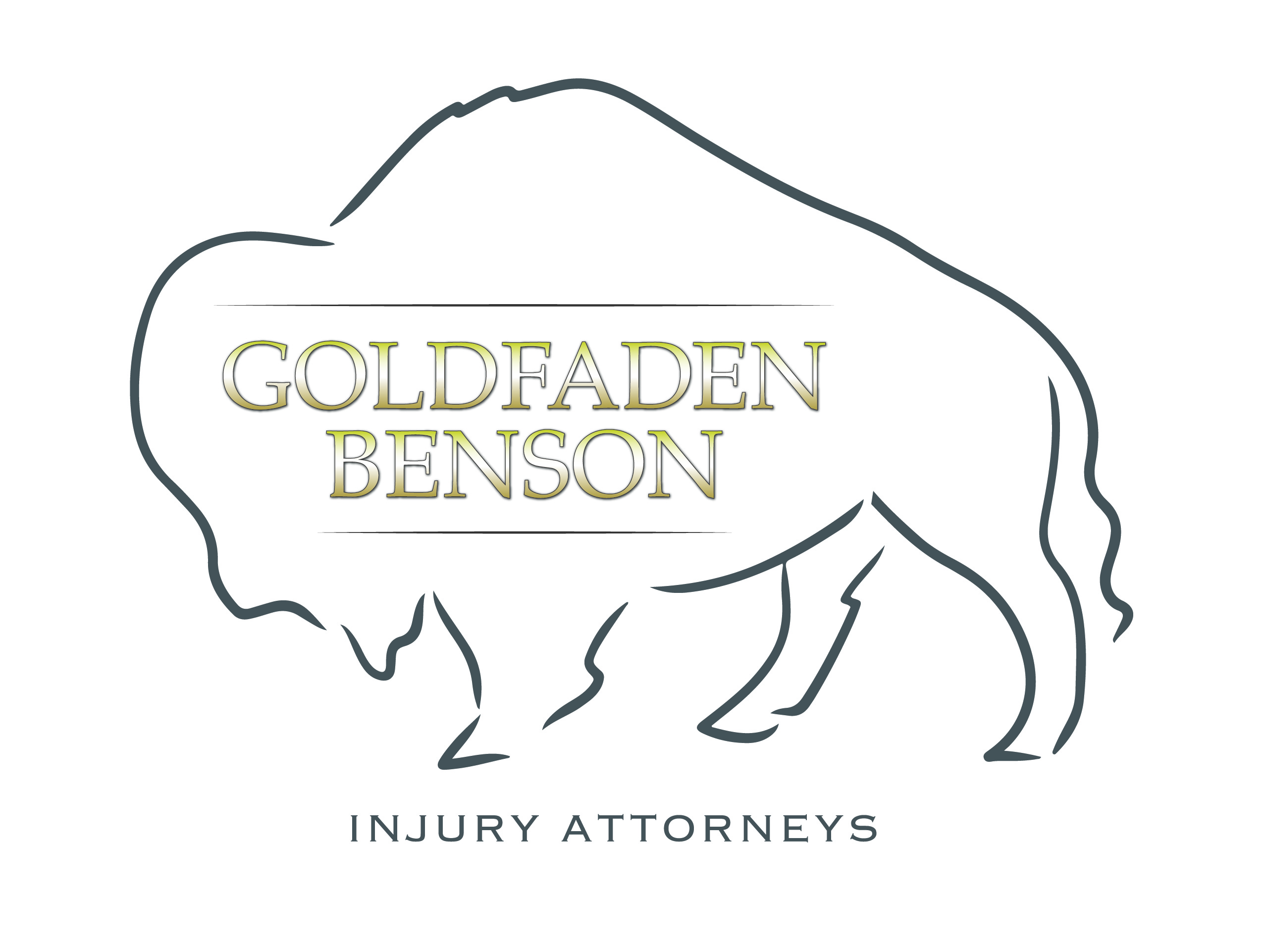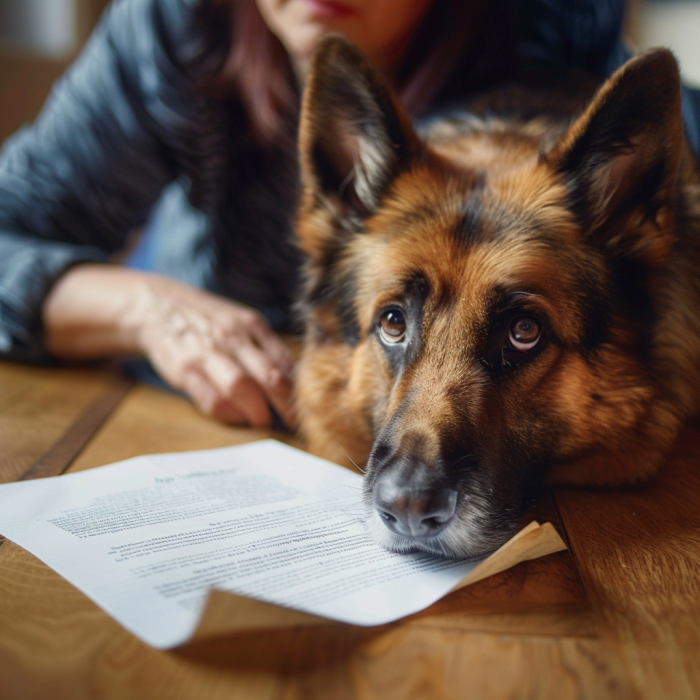6 Essential Documents You Need for Your Dog Bite Claim
If you've experienced the unfortunate event of a dog bite, knowing the steps to take immediately afterward can influence the outcome of your claim. Whether you're in sunny San Diego or another part of Southern California, a dog bite can be a traumatic incident with significant consequences. Securing your rights and ensuring fair compensation starts with gathering the right documentation. But what documents are essential for your dog bite claim? Let's dive in.
1. Medical Records
Why Are Medical Records Important?
Medical records serve as the cornerstone of your dog bite claim. They provide objective evidence of your injuries and the treatment you’ve received. From the initial emergency room visit to follow-up appointments, these documents offer a comprehensive overview of your medical condition.
What to Include in Your Medical Records?
- Emergency Room Records: The first medical evaluation you received, detailing the severity of the injury.
- Doctor’s Notes: Notes from follow-up visits that describe the progress and any complications.
- Prescriptions: Documentation of any medications prescribed for pain relief or infection prevention.
- Bills and Invoices: Records of all medical expenses incurred, including surgeries, treatments, and therapy sessions.
Medical records are indispensable for proving the extent of your injuries and establishing a timeline for your recovery process, which can significantly impact your compensation.
2. Incident Report
What is an Incident Report?
An incident report is typically filed with local animal control or police immediately after the event. This document captures the details of the incident, including the dog's owner, the dog’s history (such as previous attacks), and witness statements.
How to Acquire an Incident Report?
- Contact Animal Control: In San Diego, you can file a report with the San Diego County Department of Animal Services.
- Police Reports: If the police were involved, request a copy of their report.
Having an incident report provides a robust foundation for your claim, furnishing essential details that corroborate your account.
3. Photographs and Video Evidence
Why Visual Evidence Matters?
A picture is worth a thousand words, and in the case of a dog bite claim, it can be worth thousands of dollars. Visual evidence such as photographs and videos can illustrate the severity of your injuries and the conditions surrounding the incident.
What Should You Document?
- Injuries: Take clear, dated photographs of your injuries immediately after the bite and throughout the healing process.
- Scene of the Incident: Capture images or videos of the location where the bite occurred, including any signs, fences, or lack thereof.
- The Dog: If possible and safe, take a photograph of the dog that attacked you.
Visual evidence personalizes your claim, making it easier for settlement adjusters and juries to understand the impact of the incident on your life.
4. Witness Statements
The Power of Witnesses
Witnesses can provide third-party accounts that support your version of events. Their testimonies can be instrumental in establishing liability and corroborating your claims.
Gathering Witness Statements
- Contact Information: Ensure you collect the names, phone numbers, and email addresses of all witnesses at the scene.
- Written Statements: If possible, ask witnesses to write a brief account of what they saw.
Witness statements lend credibility and provide additional layers of evidence that can be pivotal during negotiations or in court.
5. Dog’s Medical and Ownership Records
How Can These Records Help?
Records concerning the dog's health and ownership can reveal whether the dog has a history of aggression or if the owner was negligent in controlling a known dangerous animal.
What to Look For?
- Vaccination Records: These can indicate whether the dog was vaccinated against rabies.
- Prior Incidents: Records of any previous attacks or complaints.
- Ownership Details: Verifying who owns the dog can be crucial in establishing liability.
Collecting the dog’s medical and ownership records can strengthen your claim by highlighting a pattern of behavior or negligence.
6. Financial Records and Documentation
Why Financial Documentation is Crucial
Financial records illustrate the economic impact of the dog bite on your life. These documents can help you claim lost wages, out-of-pocket expenses, and any other economic damages incurred due to the incident.
What to Include?
- Pay Stubs: Prove lost income if you had to miss work.
- Receipts: Document all out-of-pocket expenses, including medical supplies and transportation to medical appointments.
- Estimates for Future Costs: If you will need ongoing medical treatment or therapy, obtaining estimates can be beneficial.
These records present a quantifiable measure of the financial hardships you've endured, aiding in the calculation of a fair settlement.
Conclusion
Securing a comprehensive dog bite claim requires meticulous documentation. From medical records to financial documentation, each piece of evidence strengthens your case. By gathering these six essential documents, you'll be well-prepared to advocate for your rights and pursue fair compensation.
If you need legal assistance with a dog bite claim, Goldfaden Benson is here to help. Contact us at our Contact Us page to discuss your legal options and ensure your rights are protected.
FAQs
1. How soon after a dog bite should I see a doctor?
You should see a doctor immediately after a dog bite. Prompt medical attention is crucial for treating injuries and preventing infections. Early medical intervention also strengthens your claim by providing timely documentation of your injuries.
2. Can I file a dog bite claim if I was bitten on private property?
Yes, you can file a dog bite claim if you were lawfully on private property when the bite occurred. Your legal rights remain intact, and the dog's owner may be held liable for your injuries.
3. What if the dog owner does not have insurance?
If the dog owner does not have insurance, you can still pursue a claim against them personally. Additionally, some homeowners' policies cover dog bite incidents, so it’s worth investigating if such insurance is available.
4. How long do I have to file a dog bite claim in California?
In California, the statute of limitations for filing a dog bite claim is generally two years from the date of the incident. However, certain circumstances may alter this timeframe, so it's best to consult with a legal professional.
5. Can a dog bite claim include compensation for emotional distress?
Yes, a dog bite claim can include compensation for emotional distress. Emotional trauma is a valid claim, especially if the incident has caused significant psychological impact, such as anxiety or fear of dogs.
For more detailed advice tailored to your specific situation, contact Goldfaden Benson. We're here to guide you through the complexities of your dog bite claim.







